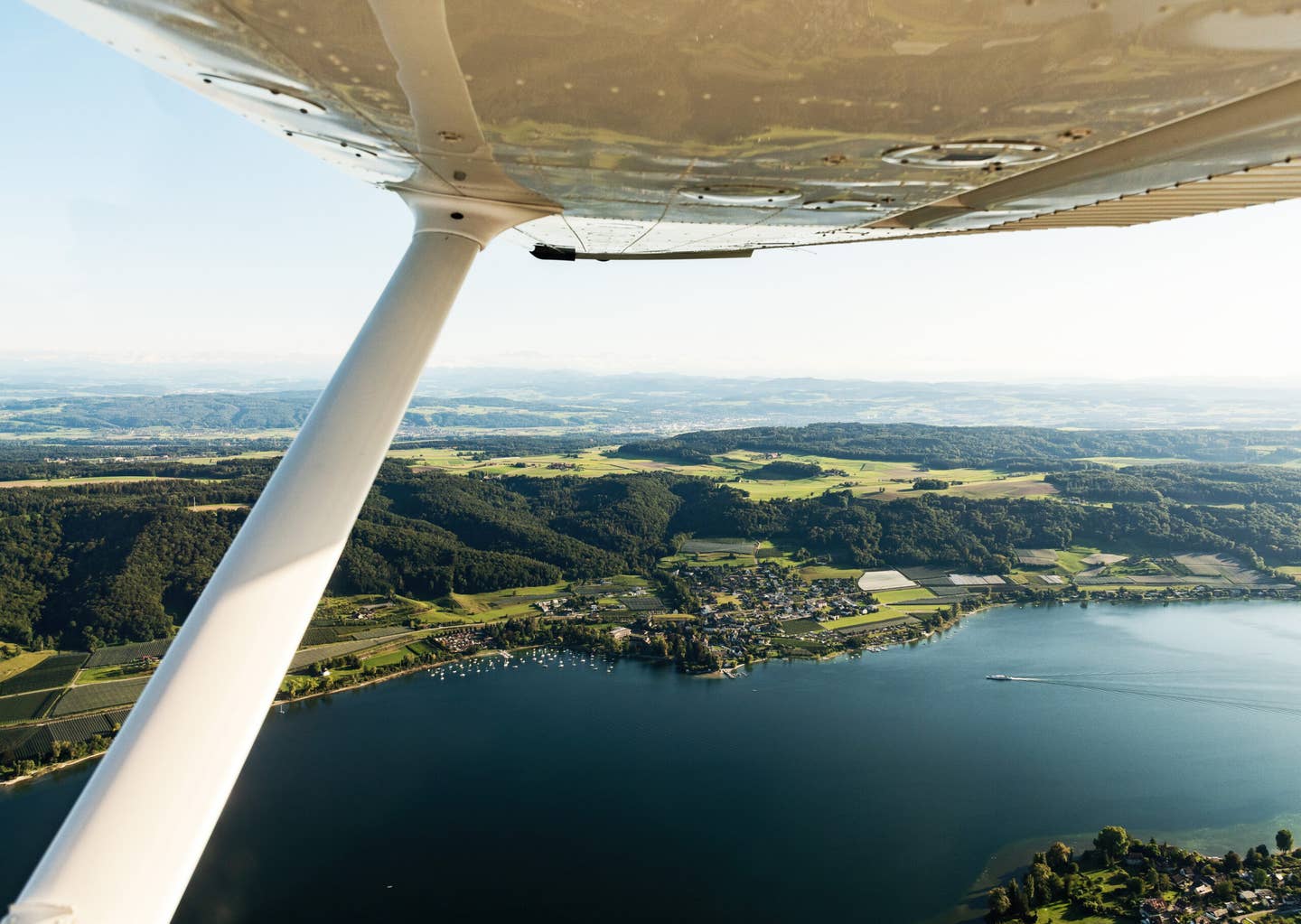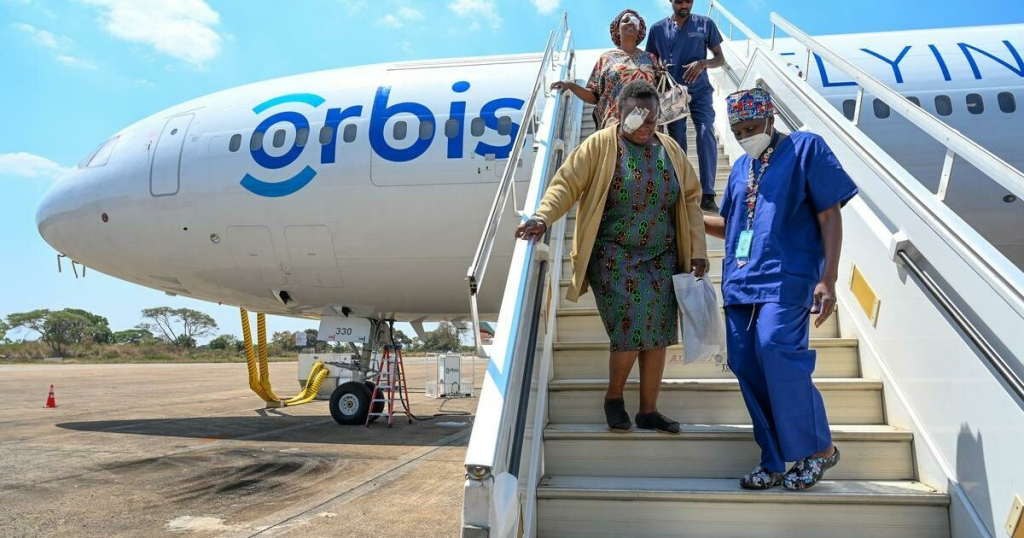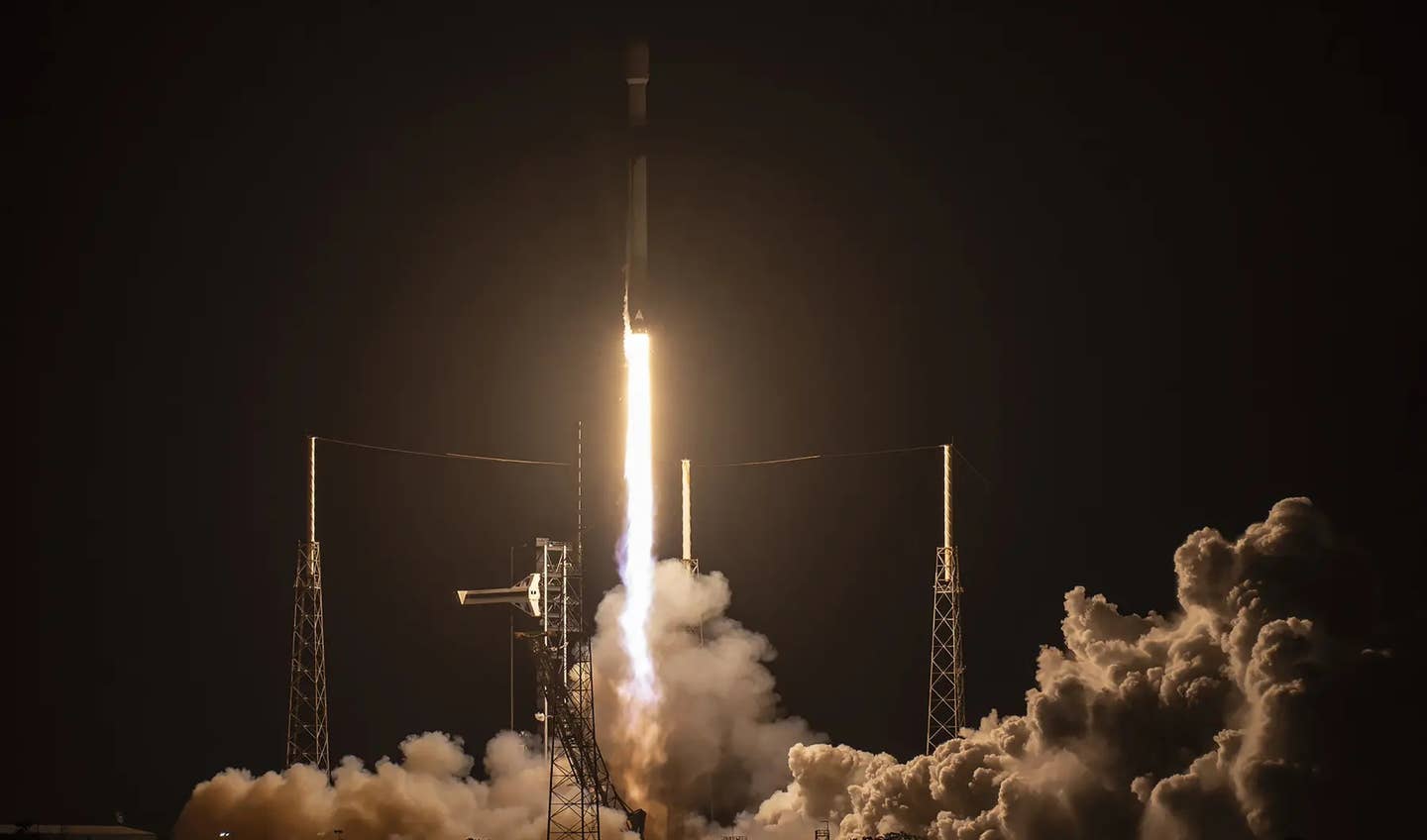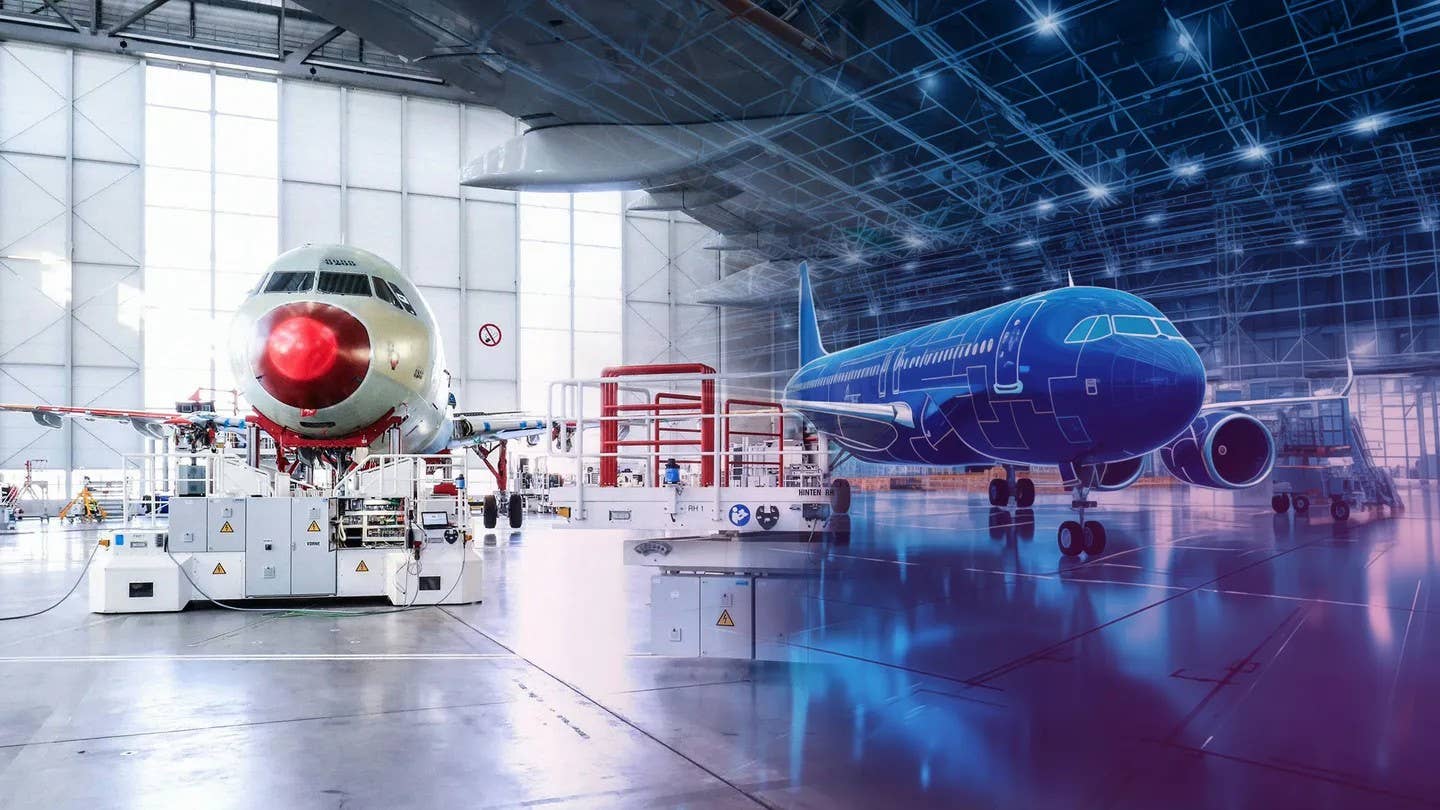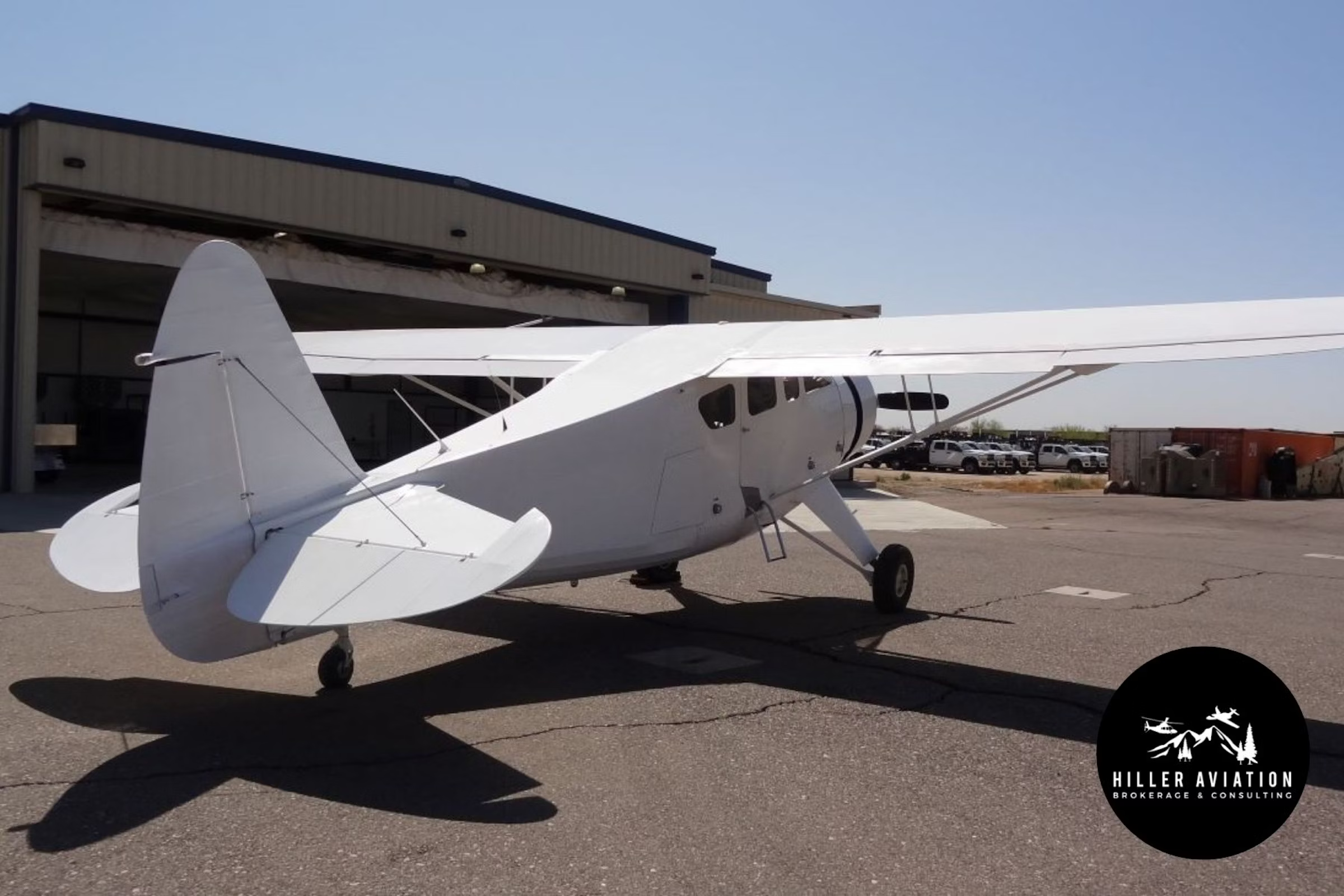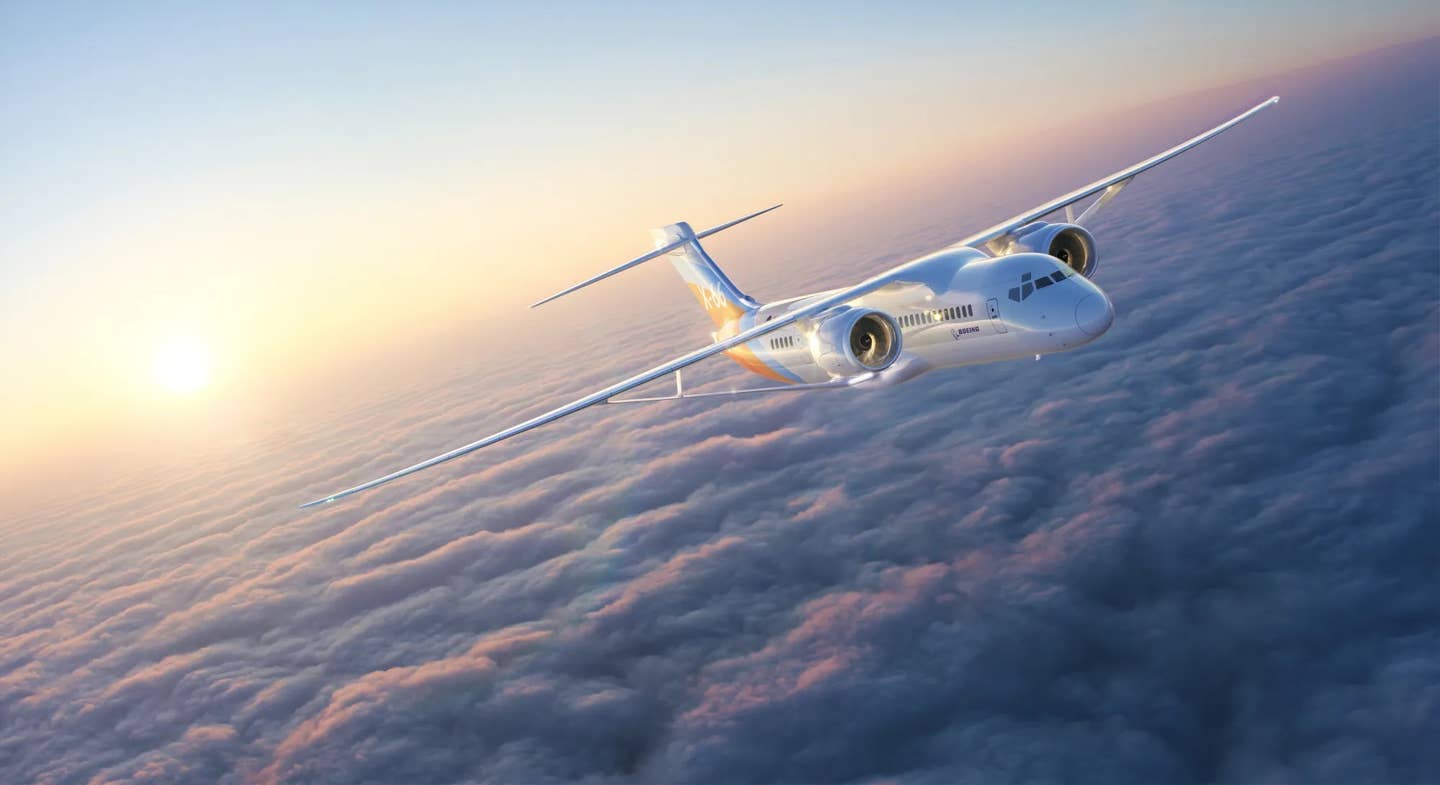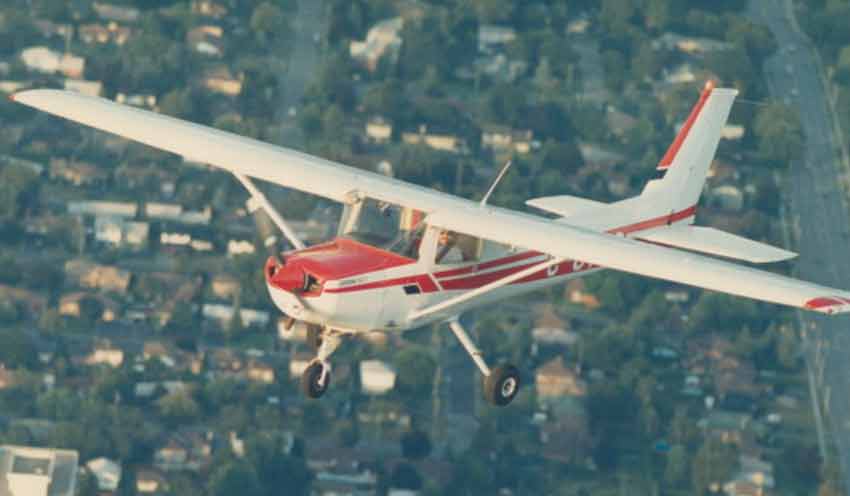
If ever there were a time in history to look closely at an airline flying career, it’s now. CAE yesterday announced in Paris the industry will need more than a quarter of a million cockpit crewmembers over the next 10 years. The Canadian training company said 255,000 airline pilots will be needed to support the growth of commercial aviation, as well as industry retirements. Put another way, "The airline industry will need 70 new type-rated pilots per day for the next 10 years to meet global demand," said Nick Leontidis, CAE Group President, Civil Aviation Training Solutions.
Beating out previous decades, captain upgrades will be fueled by the 180,000 first officers needed over the next decade. Remarkably, for those men and women still sitting on the sidelines wondering if a flying career is more than a pipe dream, CAE said, “Fifty percent of the new pilots flying by 2027 have not yet begun their flight training.”
Reinforcing their forecast, CAE believes airline passenger trips will climb by 1.6 billion in the next 10 years as the number of active commercial aircraft increases by about 1,200 each year. CAE said large training companies are expected to see an uptick in the numbers of students entering the workforce through schools like theirs, as the number of pilots making their way to the cockpit from universities, the military and local flight schools continues to decline.
The CAE Outlook says 85,000 of the quarter million prediction will be needed in the Americas, 50,000 in Europe, 30,000 in the Middle East and Africa and 90,000 in the Asia-Pacific region.
Demand numbers like CAE’s seem almost too good to believe and do require adding a grain of salt or two into any pilot’s future plans. What the CAE study did not address is how the tens of thousands of pilots around the world will pay for the flight training needed to reach an airline cockpit. A financing shortage is expected to exacerbate the pilot shortage.
The CAE Airline Pilot Demand Outlook also doesn’t consider major disruptions to key drivers, such as regulatory changes in retirement age or global health pandemics, or the possibility of pilotless aircraft, a direction Boeing announced at Paris that it’s looking at seriously.
Louis Smith, president of Future & Active Pilot Advisors and a retired DC-10 captain says, "If the shortage gets bad enough in certain sectors, companies will need to merge or liquidate which could lead to significant pilot layoffs. It's time for pilots to choose wisely their future employer."

Sign-up for newsletters & special offers!
Get the latest FLYING stories & special offers delivered directly to your inbox

